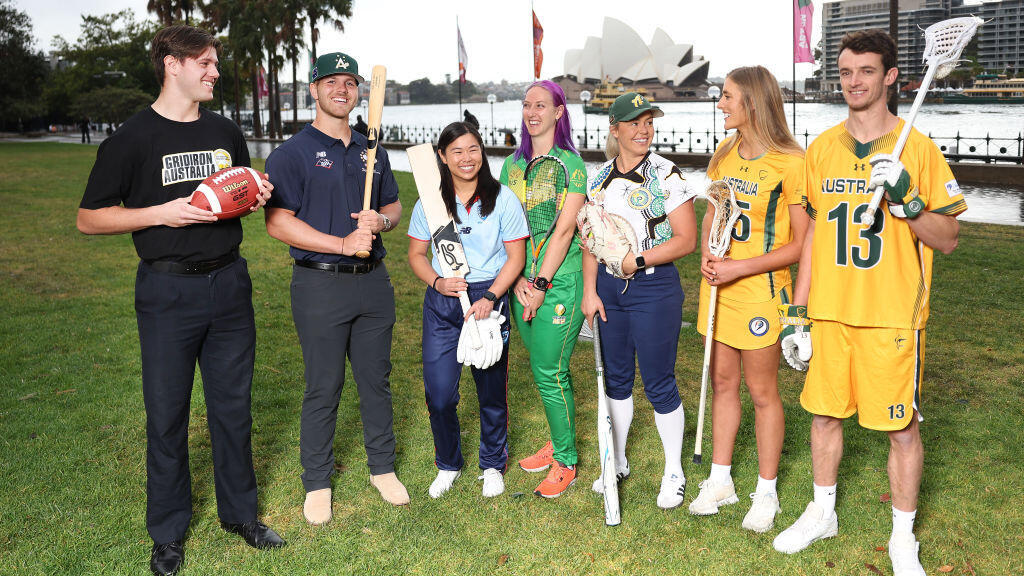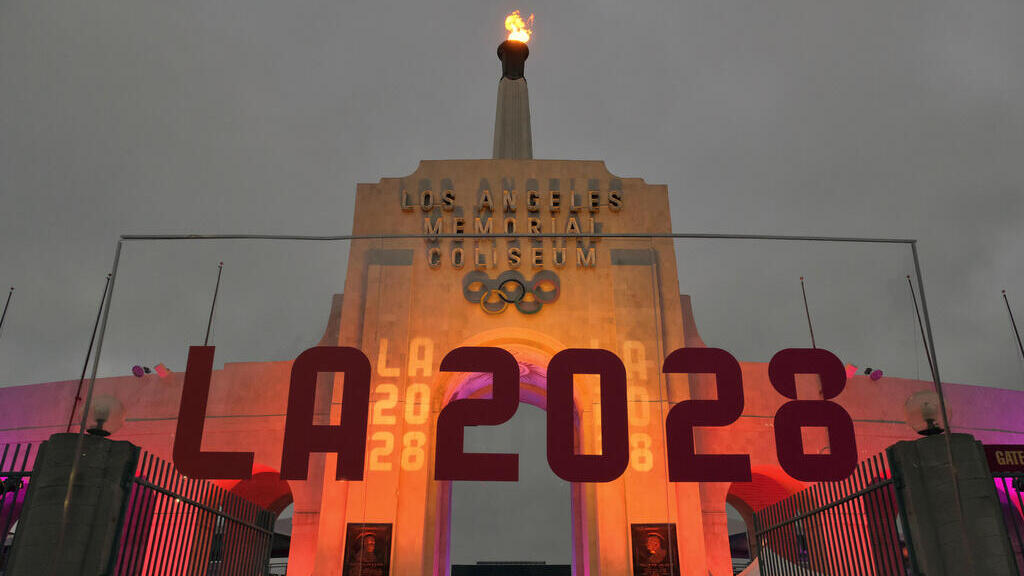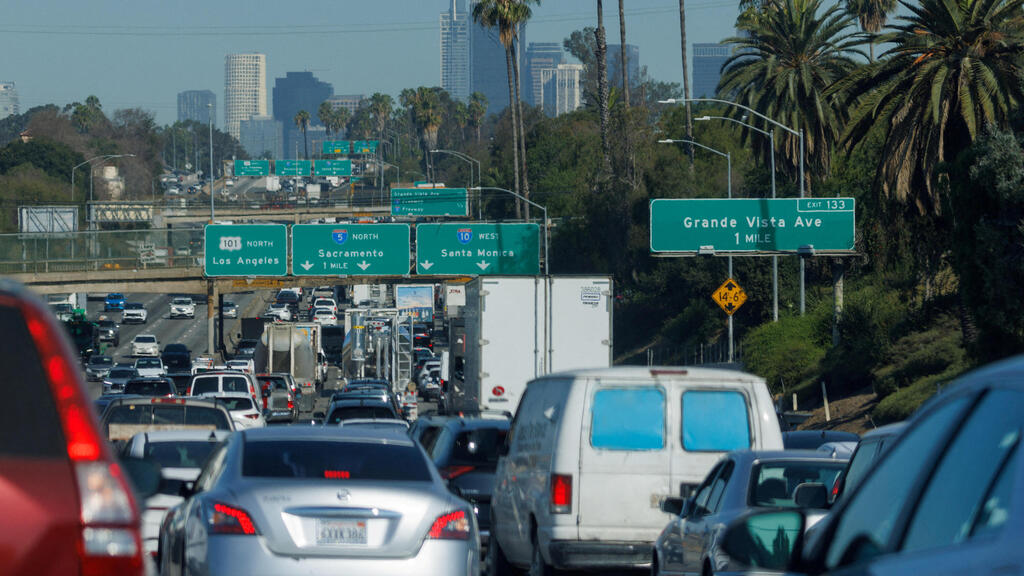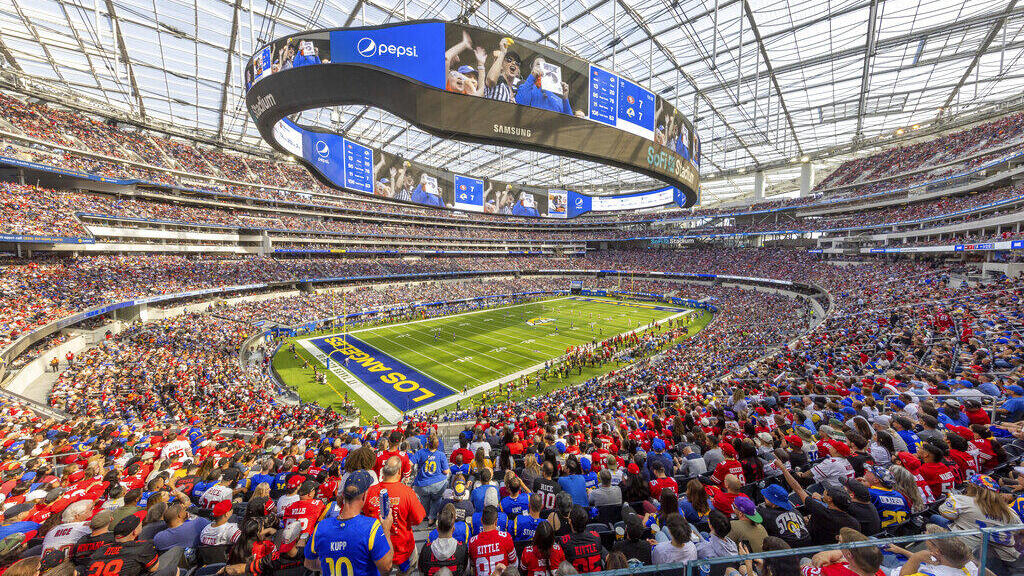Getting your Trinity Audio player ready...
It's hard to imagine a greater Olympic whiplash than the the transition between Paris and Los Angeles. In the past two weeks, the best minds in organization, production, urban planning and entertainment in the U.S. watched intently and reached a single conclusion: Whatever happens, Los Angeles must avoid any attempt to mimic Paris.
"Paris is the most beautiful city in the world," said Casey Wasserman, chairman of the Los Angeles 2028 organizing committee, who’s also the owner of a sports and entertainment agency. "The 2028 Games will be authentically Los Angeles.”
The challenge of presenting Los Angeles authentically is the fact that it may clash with what makes the Olympics a grand event, where the street festivities are nearly as significant as the sporting events themselves. Los Angeles is not a true city; it’s a vast metropolis where cars are essential. The challenge of creating an event where parts of it don’t appear physically disconnected is immense.
In the first step, Los Angeles Mayor Karen Bass announced that it will be an Olympics without cars.
That's a feat in Los Angeles. "We've always been in love with our cars. But we’re already working to ensure we can build a greener Los Angeles," Bass said at a special press conference at the end of the Paris games.
One way the city will achieve this is by encouraging residents to work from home. "We also certainly learned from COVID that we do have essential workers, people that must come to work. But if you limit it to that, it’s going to be a lot easier. People will have some reference point in recent history as to how to get to that."
Competition venues will be accessible via public transportation only. But since everyone in Los Angeles has a car, public transportation in one of the world's most important cities right now is simply terrible.
Organizers plan to borrow 3,000 buses from across the U.S., and Los Angeles hopes its limited metro system will help alleviate the pressure. Another issue the city will need to address – similarly to Paris – is its homeless population, which numbers around 75,000 in the Greater Los Angeles area.
The upcoming U.S. presidential elections will also have an impact. A Donald Trump administration would approach preparations for the Olympics in a blue state that won’t vote for him quite differently from a Kamala Harris administration. Casey Wasserman knows this.
“I just want to remind people, this is about the red, white and blue. This is not about the red and blue. We all march behind the same flag, the same name, the same anthem, and this is something that’s going to bring our country together,” she said.
The Los Angeles Olympics will start two weeks earlier than Paris, with an opening ceremony on Friday, July 14, 2028. The end date of July 30 will be the first time in a century that the Summer Games in the Northern Hemisphere finish so early.
The delegation parade won’t be held on a flotilla as the Los Angeles River is too small for that, but that doesn’t mean the opening ceremony will revert to its old format.
“Presenting Los Angeles authentically” means, among other things, showcasing its size and power. Thus, the opening ceremony is expected to span two stadiums: the modern SoFi Stadium, which was built in 2020 in Inglewood, and the classic Los Angeles Coliseum, built in 1923 in downtown Los Angeles.
Athletics events will take place at the Coliseum – as they did at the previous Los Angeles Olympics in 1932 and 1984 – and will be held in the first week of the Games. This is because, immediately after the opening ceremony at the two stadiums, work will begin to convert SoFi into a swimming venue with nearly 40,000 seats, ahead of the second week.
As with every Olympics, Los Angeles will feature debuts of new sports, but will also see the return of some sports that left the Olympic program over 100 years ago.
One new sport will be Flag Football, a very refined version of football where, instead of tackling an opponent, players must pull a fabric strap attached to each player's pants. It’s a nearly non-contact game and a rapidly growing amateur sport in the U.S. and across the world. Another new addition will be squash.
Returning sports will include lacrosse and cricket, this time in shorter, more viewer-friendly formats. Baseball and softball continue their oscillation depending on the host countries’ popularity: removed after Beijing 2008, added in Tokyo 2021, out again in Paris, and back in Los Angeles.
4 View gallery


Representatives of sports returning to the 2028 Games
(Photo: Mark Evans/Getty Images for the AOC)
Visually, Los Angeles is of course not Paris, but there’s no limit to what Hollywood can do. While Paris has a cinematic look, Los Angeles’ streets are the very history of film and television, and the city is a creative hub for music and fashion.
A few hours northward, in Silicon Valley, lies the world’s technological center. Los Angeles can’t replicate what a magnificent city with centuries of history has, but it can present the future, with beach volleyball played right on its shores.






